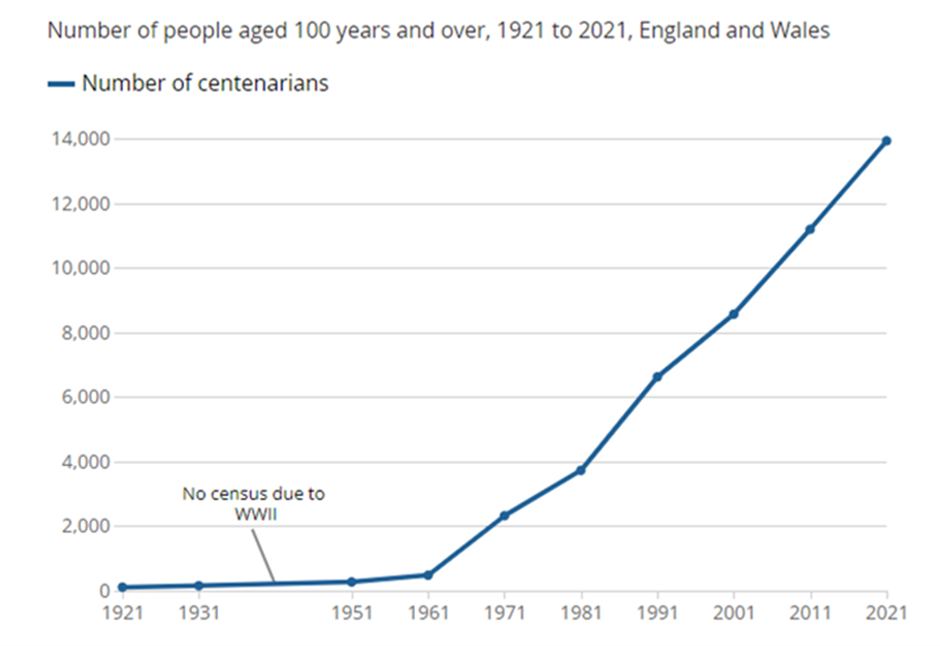
Introduction
The state pension age in the United Kingdom is set to rise from 66 to 67 years in 2026. This change is significant as it affects millions of individuals nearing retirement. With life expectancy increasing, the government aims to ensure the sustainability of the pension system. As these changes approach, it’s essential to understand the implications for current and future retirees.
Details of the Increase
The phased increase in the state pension age was introduced following a review by the Government Actuary’s Department, which took into account demographic changes and economic factors. According to the latest statistics, life expectancy has risen, necessitating adjustments to the pension age. As of 2023, the average life expectancy for UK males is 79.4 years, while for females, it stands at 83.2 years. This rise in longevity means that pension payouts have become increasingly difficult for the state to maintain without adjustment.
Impact on Affected Individuals
Those born between 6 October 1960 and 5 April 1961 will primarily feel the changes. Individuals in this age group will find that they will need to work longer before they receive their state pension payments, with many planning to adjust their saving strategies accordingly. This age increase could mean delaying retirement plans and altering financial forecasts for those who had previously anticipated retiring at age 66.
Government Justification
The government argues that the rise in the pension age is necessary to reflect changing life circumstances and to protect the long-term sustainability of the welfare system. The Department for Work and Pensions has indicated that without these changes, the state’s ability to pay pension benefits may be compromised in the future. The introduction of these policies aims to ensure that the welfare state can continue to support those in need.
Conclusion
As the state pension age increase in 2026 approaches, it will be crucial for individuals to reassess their retirement plans. This change may impact not only those directly affected but also the economy as a whole. With more individuals remaining in the workforce longer, there could be implications for employment rates and job availability for younger generations. Financial planning will become more vital than ever, and seeking advice on pension schemes and retirement savings may help navigate this transition successfully.
You may also like

Understanding Tax: Its Importance and Recent Changes

Current Insights on Shell Share Price
